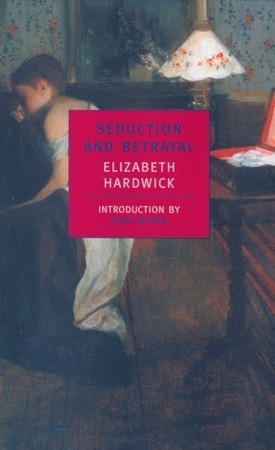What do you think?
Rate this book


224 pages, Paperback
First published May 28, 1974
Like carpenters they want to know which tools.Closing off, it was also nifty to find out that the Disney version of the Sorcerer's Apprentice has more concrete origins than some artist's brain. I'm also sure that whatever other facts I've picked up (such as de Quincey's surprisingly keen observations of D. Wordsworth) will serve me well in my academic future, as well as the knowledge that Hardwick has outlived her use. While I could probably stick with her fiction, there's no telling if and how often one of her preciously tortured insane archetypes will go wandering through to make a rhetorical point, and I've enough of that in Goodreads' message boards. In any case, this is why I get the majority of my books used at paltry couple of buck prices. These results would've been harder to bear had I actually gone and spent the dough for NYRB's fancy pants edition.
They never ask why build.
